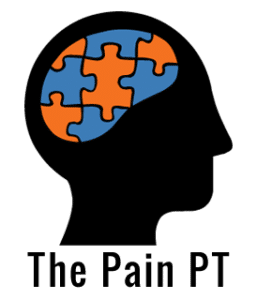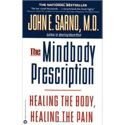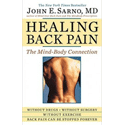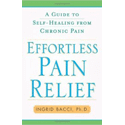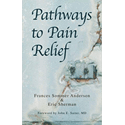Somatic Symptoms & Psycho-Social Factors
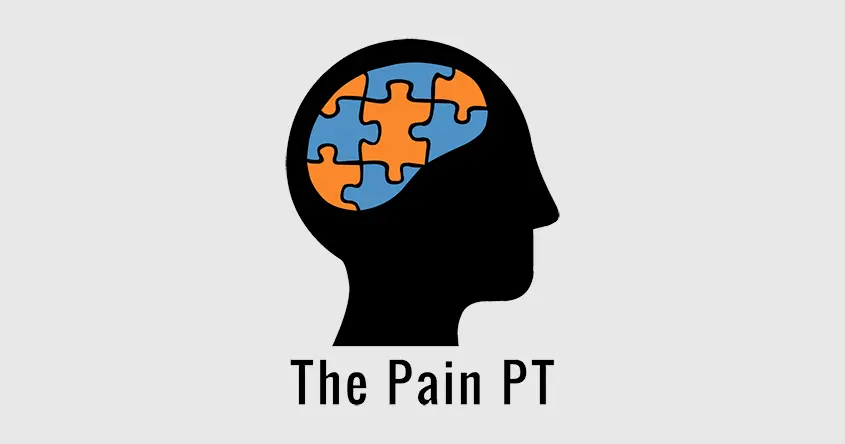
In my work of treating chronic health issues, I focus on areas that most traditional medical professionals fail to look at. These are the psycho-social areas, which relate to the brain and nervous system and how they contribute to somatic symptoms.
We know as the researchers state in this paper : “Among the psychosocial factors, there has been a linear relationship between the number of physical symptoms reported and the degree of psychological distress. A strong overlap between somatization, depression and anxiety disorders has been found both in primary care patients and in the general population.”
The study they did looked at close to 8000 people in Germany (aged 40-80). What the researchers found was the following: “Pain complaints (arms, legs, joints, back pain) affected the majority of men and women, and somatic symptom reporting increased with age. When confounding has been reduced, psychosocial factors (lack of social support, adverse life events, loneliness, depression, generalized anxiety, panic, social phobia) have remained the strongest predictors of somatic symptoms. As shown by the interaction between sex and depression, depression plays a smaller role for somatic symptom reporting in women vs. men. Findings highlight the complex psychosocial and somatic contributions to somatic symptom reporting.”
It’s important to screen for and treat these psychosocial factors as they can be large contributors to somatic symptoms and health complaints. If you are looking to see what kind of role your psychosocial stressors are contributing to your somatic symptoms, please fill out a consultation request here.
